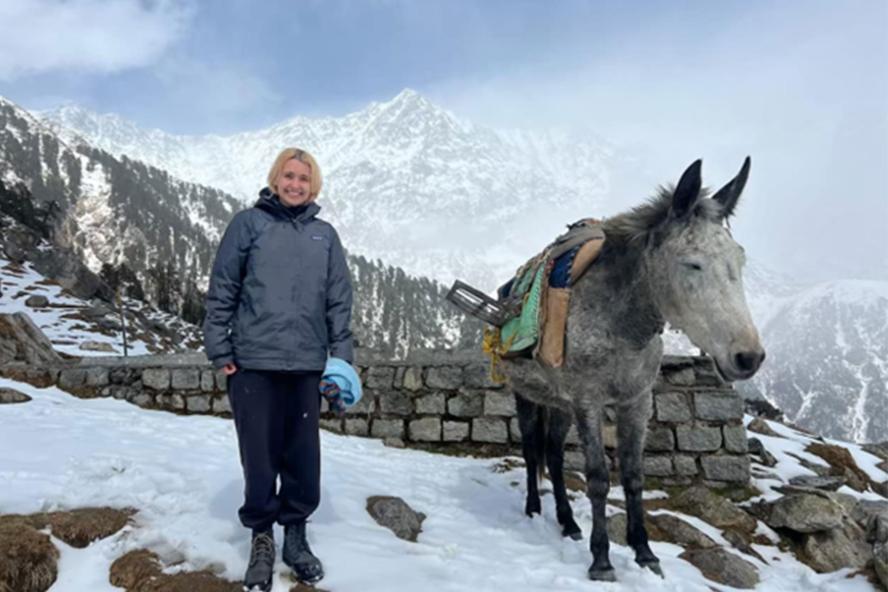Instructor Spotlight: Michelle Burger

How do you define psychedelics?
The word psychedelic is a highly Westernized perspective on the experiences and uses of many substances. Indigenous communities that have worked with psychedelic plants for centuries often do not refer to these plants as “psychedelic,” but rather as spirit plants or plant teachers. The word reveals some of the histories, contradictions, and confusions that we have currently about what gets to count as a psychedelic, which is one of the things we are discussing and confronting in our class!
Using a scientific perspective, classical psychedelics are often defined as substances, such as LSD, that work on the 5-HT2A receptors in the brain. The word “psychedelic” comes from the psychiatrist Humphrey Osmond and literally means “mind-manifesting.” Many people use this concept as a way to make sense of psychedelics in a broader way, as any substance or experience that “manifests your mind.”
What do you hope students will take away from your course?
The remarkable thing about learning about psychedelics is how incredibly interdisciplinary it is. We are looking at historical events, philosophical debates, artistic expressions, psychological and biomedical forms of understanding and healing, anthropological research, Indigenous perspectives, and political policies (among others). I hope that this investigation helps students realize how intertwined all things in life are. I also hope that they learn the skills of holding pluralistic worldviews, interpreting biased texts, learning foundations in important anthropological frameworks, and getting excited about our lifelong quests for knowledge!